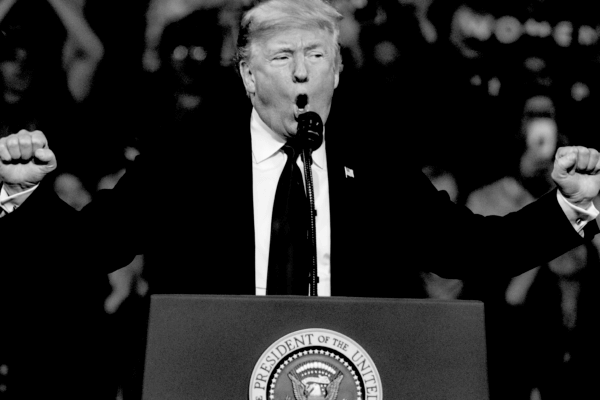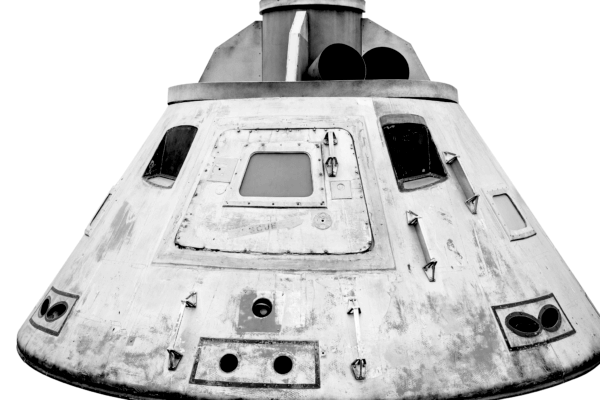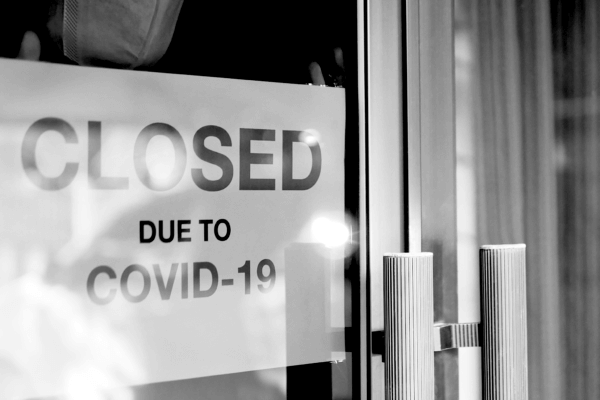Human beings have a strong instinct to remain consistent. They will follow an idea to which they are publicly committed anywhere it leads, holding on ever more tenaciously, the more problematic it becomes, but why?
“You can’t change human nature.” The old cliché draws support from the persistence of human behaviour in new circumstances. Shakespeare’s plays reveal that no matter how much language, technology and society has changed in the past 400 years, human nature is largely undisturbed. Macbeth’s ambition, Hamlet’s indecision, Iago’s jealousy, Kate’s feistiness and Juliet’s love are all instantly understandable.
There are a number of psychological traits that are so common that most people consider them to be inherent in human beings i.e. what we carry in our DNA. However, what nature equips us with as we enter the world – is expressed differently as people are melded by the nurture that we are then exposed to in our formative years. Nevertheless people (all but those suffering clinical or subclinical forms of psychosis – fill the names in here yourself!) can, to a considerable degree, temper how they actually behave – in order to socialise ideas and concepts in a way that focuses on what is at issue rather than who is at issue.
In organisations most people have opinions; less express those opinions and even fewer still challenge those in positions of power with those opinions, and yet this silent majority will often sense impending issues, before they register in the KPIs or in the ‘C suite’.
The challenge for leaders facing uncertain journeys and destinations is to recognise their own behavioural preferences, however compelling they may be, in order to tap into what is actually happening in and to their organisations rather than what they think is, or should be, happening in their organisations. This is not an easy ask for many and for some it means becoming familiar with the very uncomfortable need for humility – but the costs of not changing in these changing times can be catastrophic.
The ‘Trump show’ is far from over but it is an object lesson of how, in extremis, some leaders can become trapped in the clichés and stereotyping of their own making – no matter the subsequent cost to themselves and others. As leaders we should, in our own ways, all heed the warning!
US election officials have said the 2020 White House vote was the “most secure in American history”, rejecting President Donald Trump’s fraud claims. “There is no evidence that any voting system deleted or lost votes, changed votes, or was in any way compromised,” a committee announced. They spoke out after Mr Trump claimed without proof that 2.7 million votes for him had been “deleted”.






